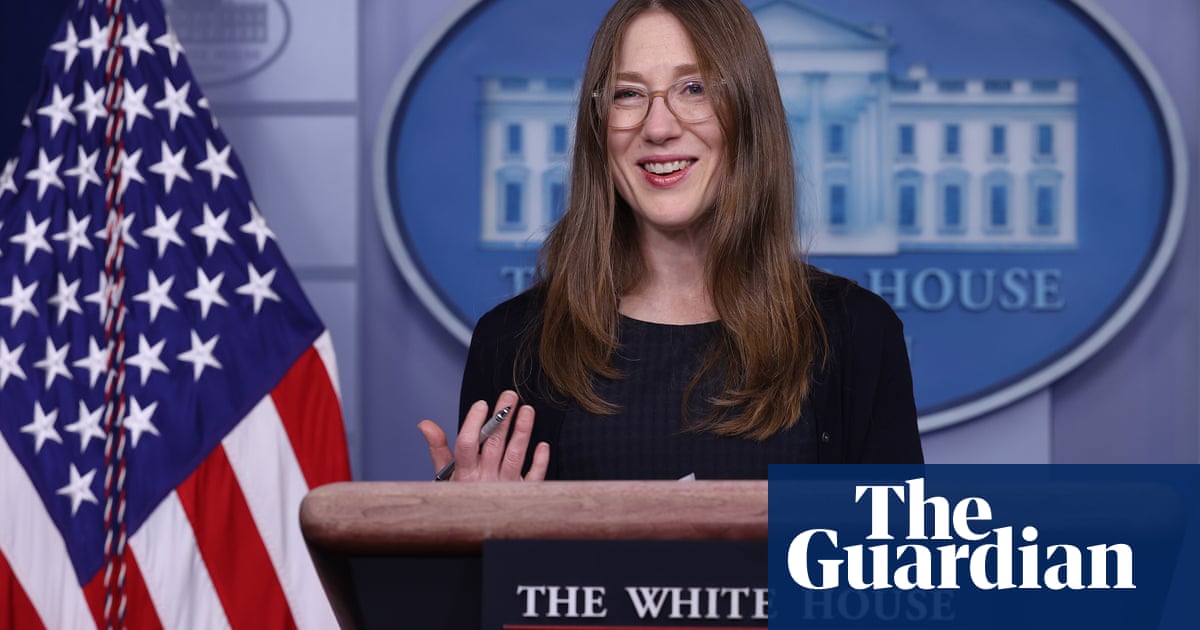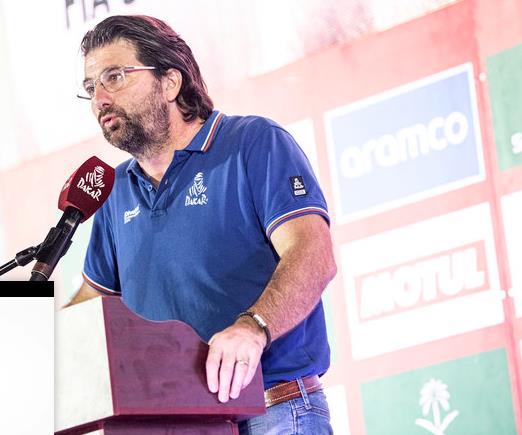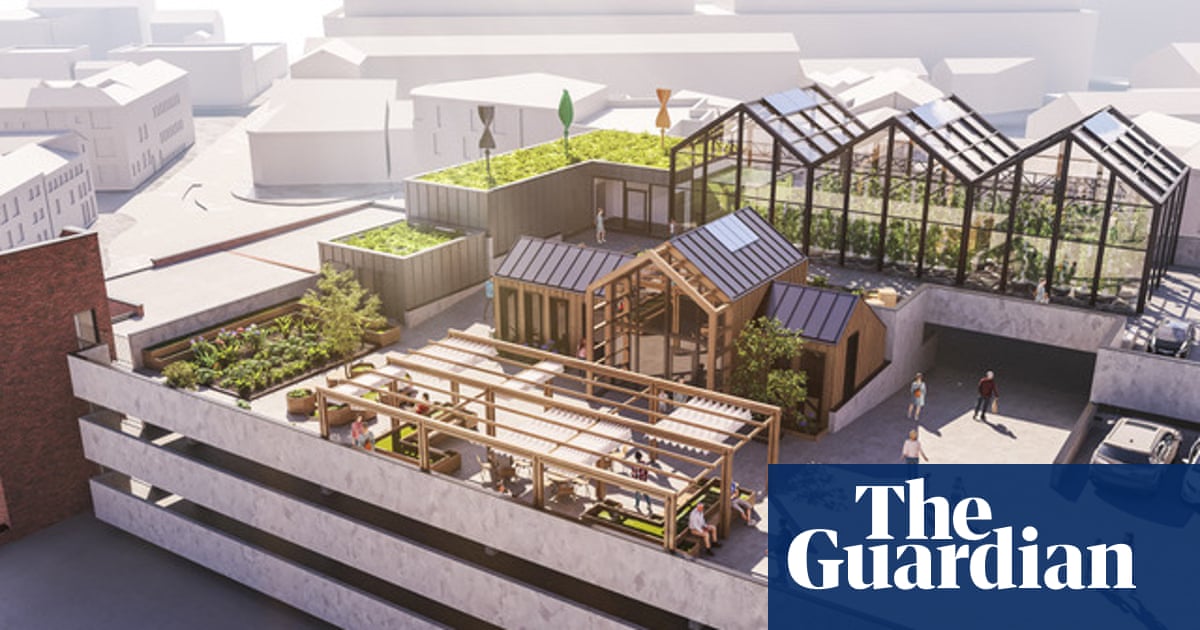
Governments around the world must drastically increase public investment in green technologies to combat global heating and drive sustainable economic growth, a top adviser to President Joe Biden has said.
Heather Boushey, a member of the White House council of economic advisers, said countries including the UK needed to ramp up green investment to reboot economic growth, boost energy security, and protect against future inflation shocks.
Speaking in an interview with the Guardian, she said the Biden administration’s decision to plough billions of dollars of public money into infrastructure and renewables was “crowding in” private investment – helping to put the world’s largest economy in a stronger position to avoid recession.
“We’re working with our friends and allies to incentivise them to do the same – because we all need to make these investments,” she said.
“Billions of dollars of investment all around the country – private dollars, in semiconductors and clean energy – has been incentivised by this public spend. Actually a lot of the public money hasn’t even gone out yet and the private sector is swooping in.”
Her comments came on a tour of European countries including the UK that included meetings with Ed Miliband, the shadow net zero secretary – underscoring the ties between Labour and the Democrats ahead of pivotal elections for both parties next year.
The White House is investing $369bn (£289bn) in clean energy and low-carbon technologies through Biden’s landmark Inflation Reduction Act (IRA), with the aim of tackling global heating and laying the groundwork for greener economic growth.
“The question is how can the UK, Europe, how can other countries rise up and meet the challenge,” Boushey said. “We think about this as a ‘race to the top’ – to incentivise everyone to do the same.”
Labour had promised to borrow to invest £28bn a year to invest in green jobs and industry if elected to power, but rowed back from the pledge this summer by saying it would “ramp up” to this figure in 2027 in an attempt to prove fiscal credibility.
Boushey said that while it was important to show investments were “paid for”, there was a strong case for green spending because it could pave the way for more resilient economic growth in future – helping to bolster the public finances
“The president has not increased the deficit over his tenure. And he’s actually lowered the deficit because we got the economy back on track so quickly. So tax revenue started coming in, and growth came back,” she said.
In a riposte to critics of higher government spending to meet net zero, Boushey warned failure to take “bold action” risked nations falling behind in a global race to decarbonise. “It’s an enormous economic opportunity. And if we don’t do it, we’ll end up importing these products from abroad.”
A key architect of “Bidenomics” as one of the president’s closest advisers, the economist said investing public money was helping to create jobs, while building US domestic capacity to produce clean, reliable energy. Doing so could protect against future inflation shocks by limiting exposure to volatile fossil fuel prices and fragile international supply chains.
“As we’ve seen with the war in Ukraine, access to energy is everything. If you don’t have energy you can’t power your factories, you can’t keep your homes warm, you can’t keep the lights running,” she said.
“Building the green energy economy will be able to deliver lower prices over time and less volatile.”
Last Friday, the UK government agreed a £500m support package for Tata Steel to help its Port Talbot steelworks switch to greener forms of steelmaking using electricity rather than coal.
But the chancellor, Jeremy Hunt, insisted Britain was not about to adopt Biden’s economic approach.
“We are very clear – we won’t pursue the Inflation Reduction Act subsidy bowl approach to economic policy,” Hunt told the Financial Times.
Critics have warned that Biden’s agenda amounted to a new protectionism that could unsettle relations with America’s allies, while breeding inefficiencies and adding to living costs. However, Boushey said the scale of the challenge to decarbonise in countries around the world meant there was “plenty of work to go around”.
“We are so far from capacity that the idea there is not going to be enough production to go around, is not where we need to start this conversation.”
Figures from the International Energy Agency and the OECD suggested up to $6.9tn of annual global investments may be needed to meet the Paris agreement’s emissions reduction target. The IEA estimated about 70% would probably need to come from the private sector.
Boushey’s comments coincided with growing concerns about a possible US recession a year out from the next presidential election, driven by persistent inflation and higher interest rates from the US Federal Reserve. Despite an uptick in inflation in August, the US central bank is widely expected to keep rates unchanged at its next meeting on Wednesday after 11 previous increases.
Boushey dismissed concerns over a recession, while arguing the longer-term path for inflation was “moving in the right direction” despite last month’s rise. Asked whether a recession could be avoided ahead of the election, she said: “I don’t have a crystal ball, but the US economy is strong and resilient.”












